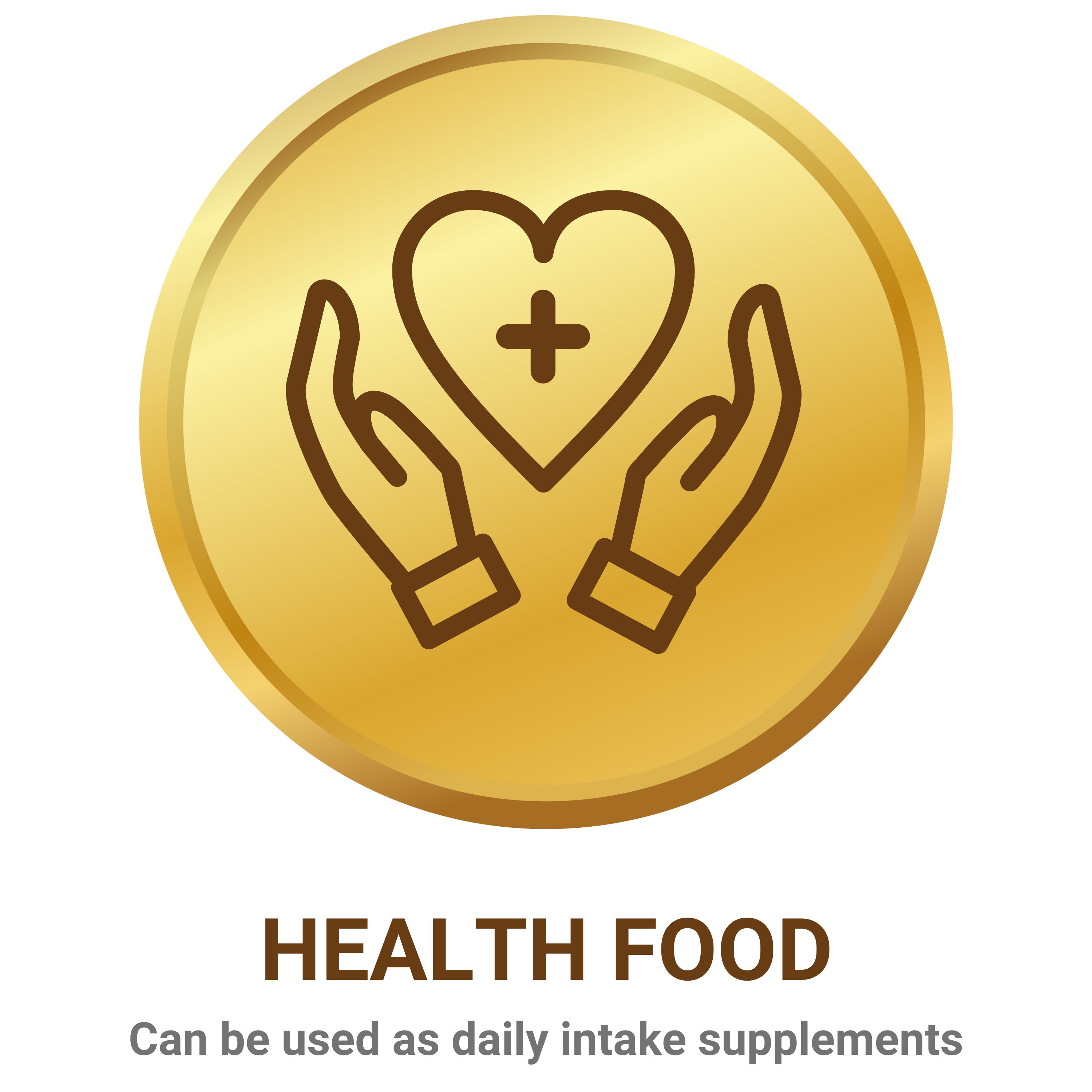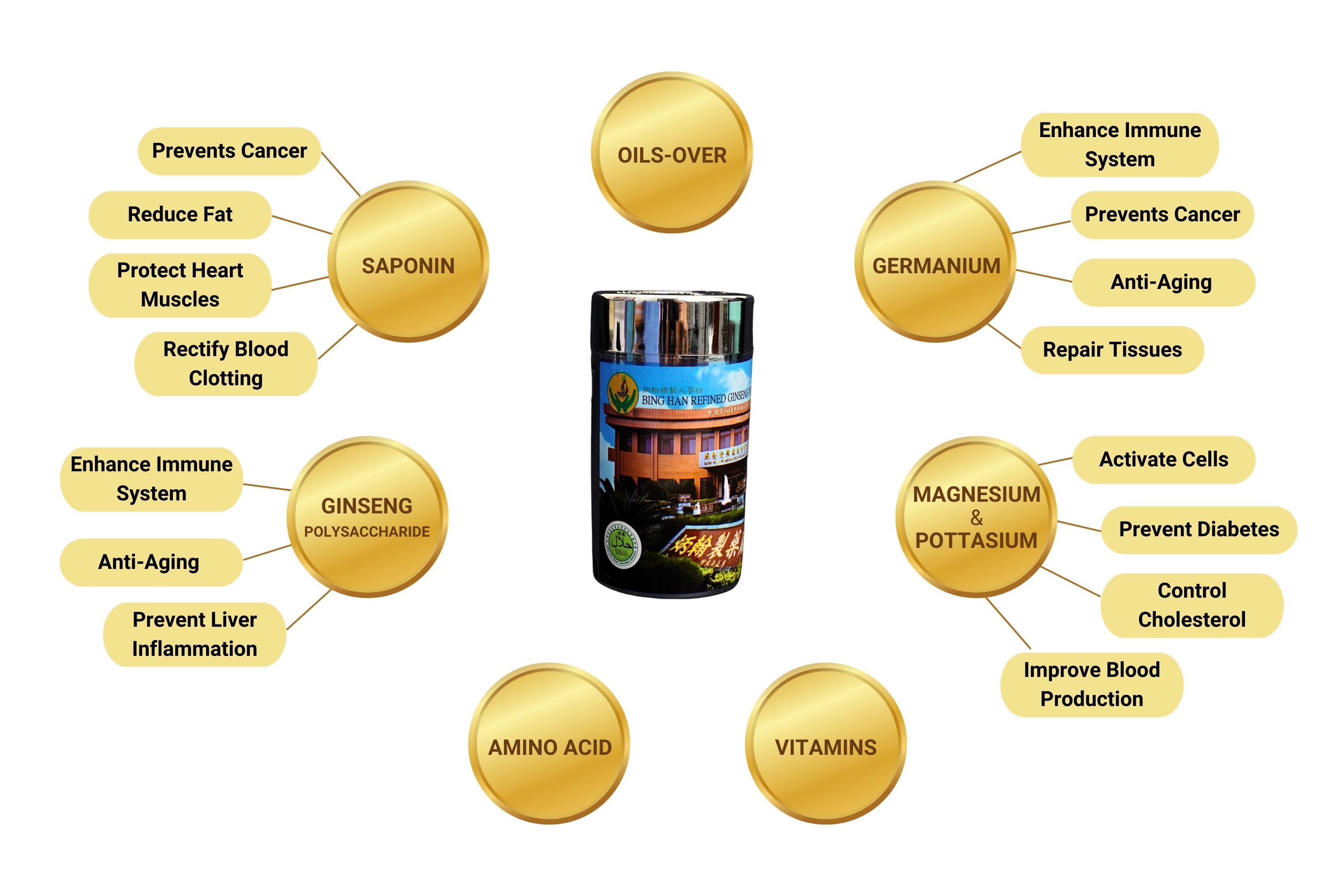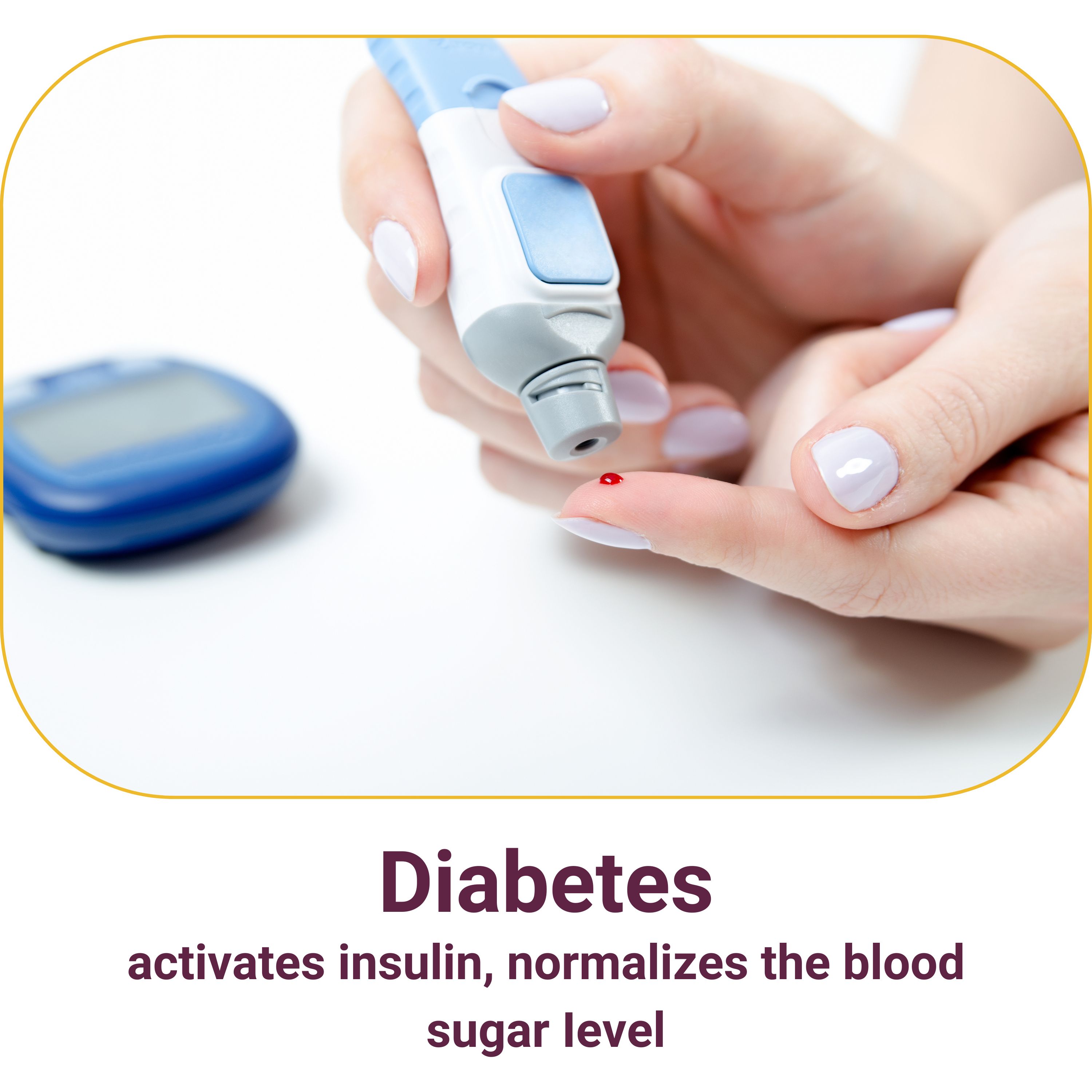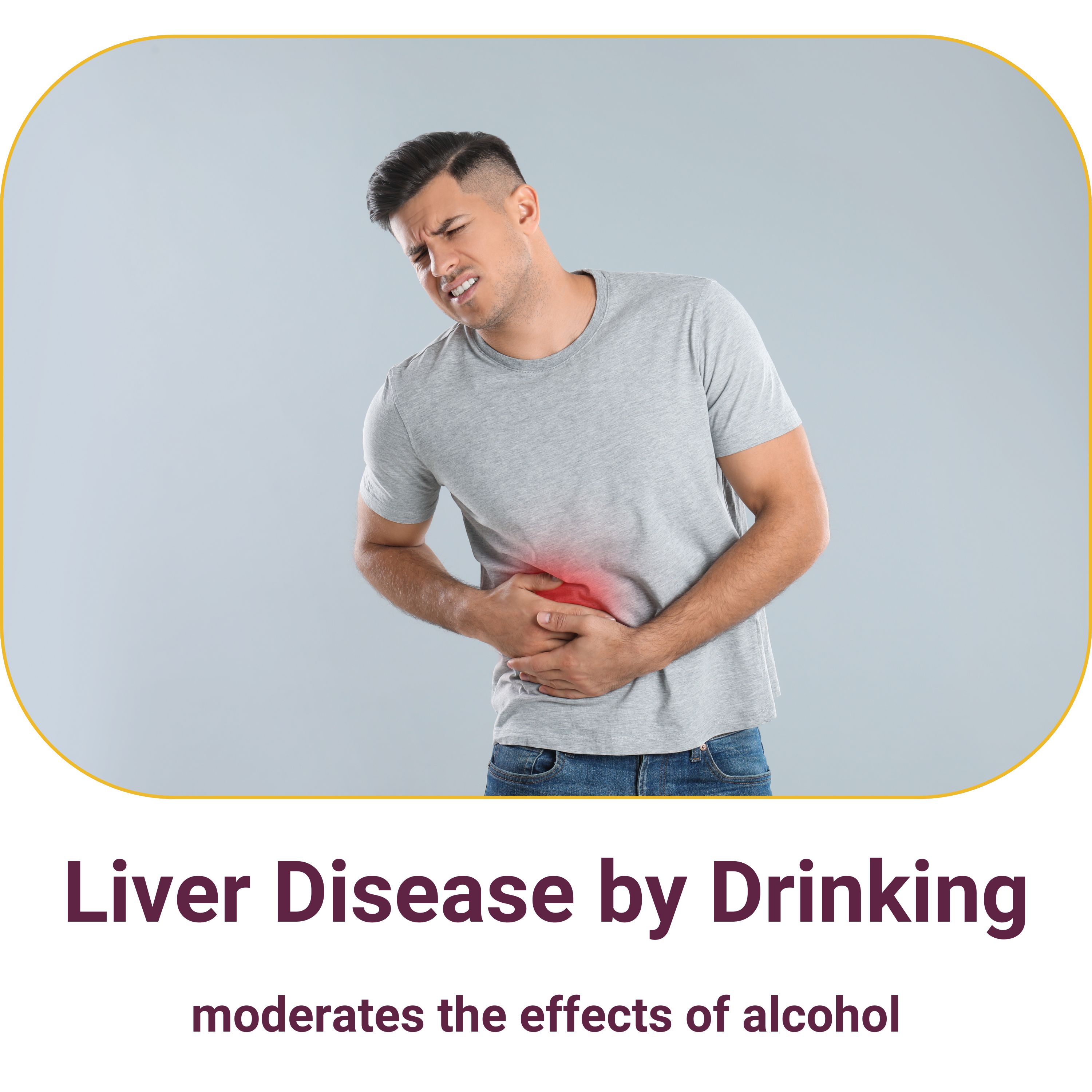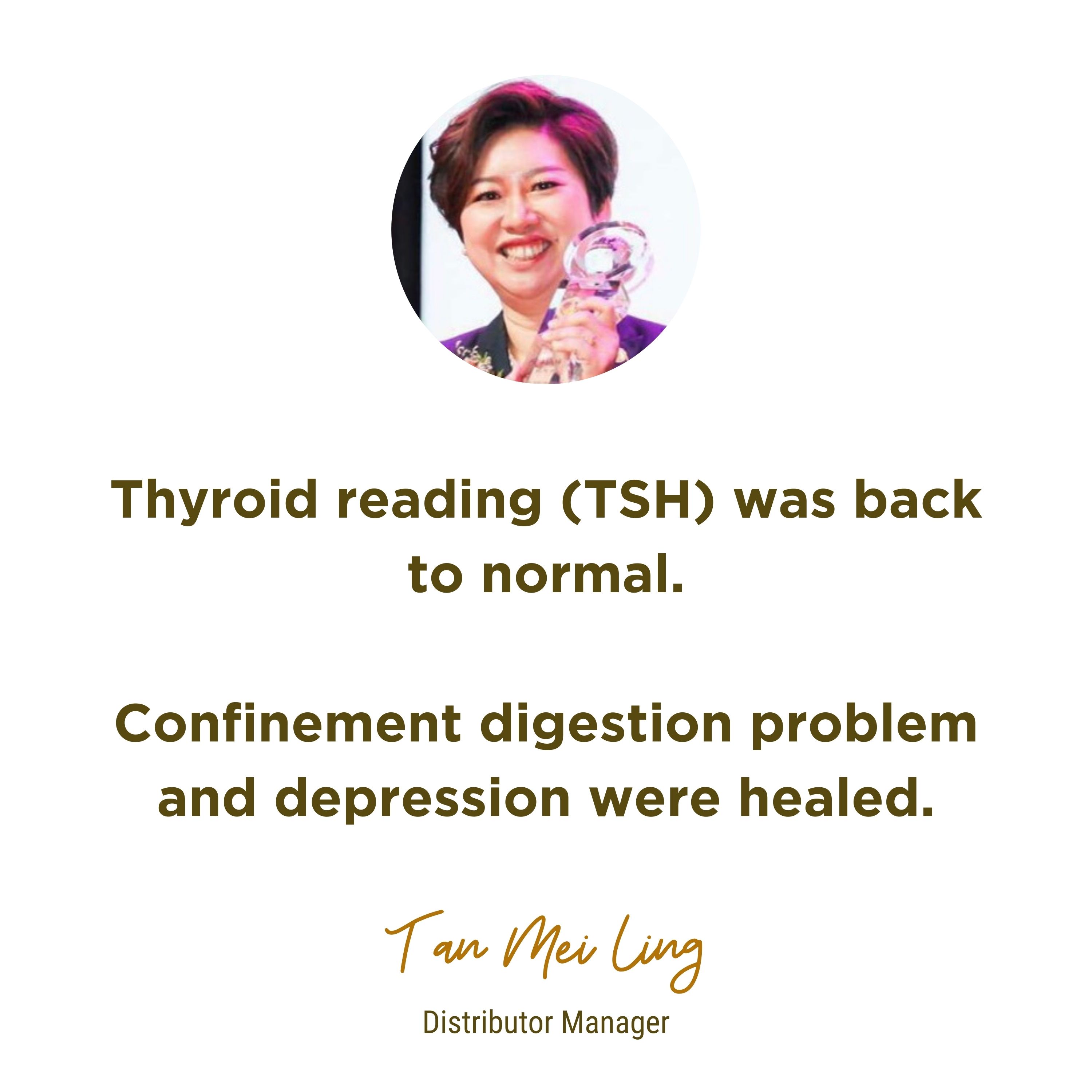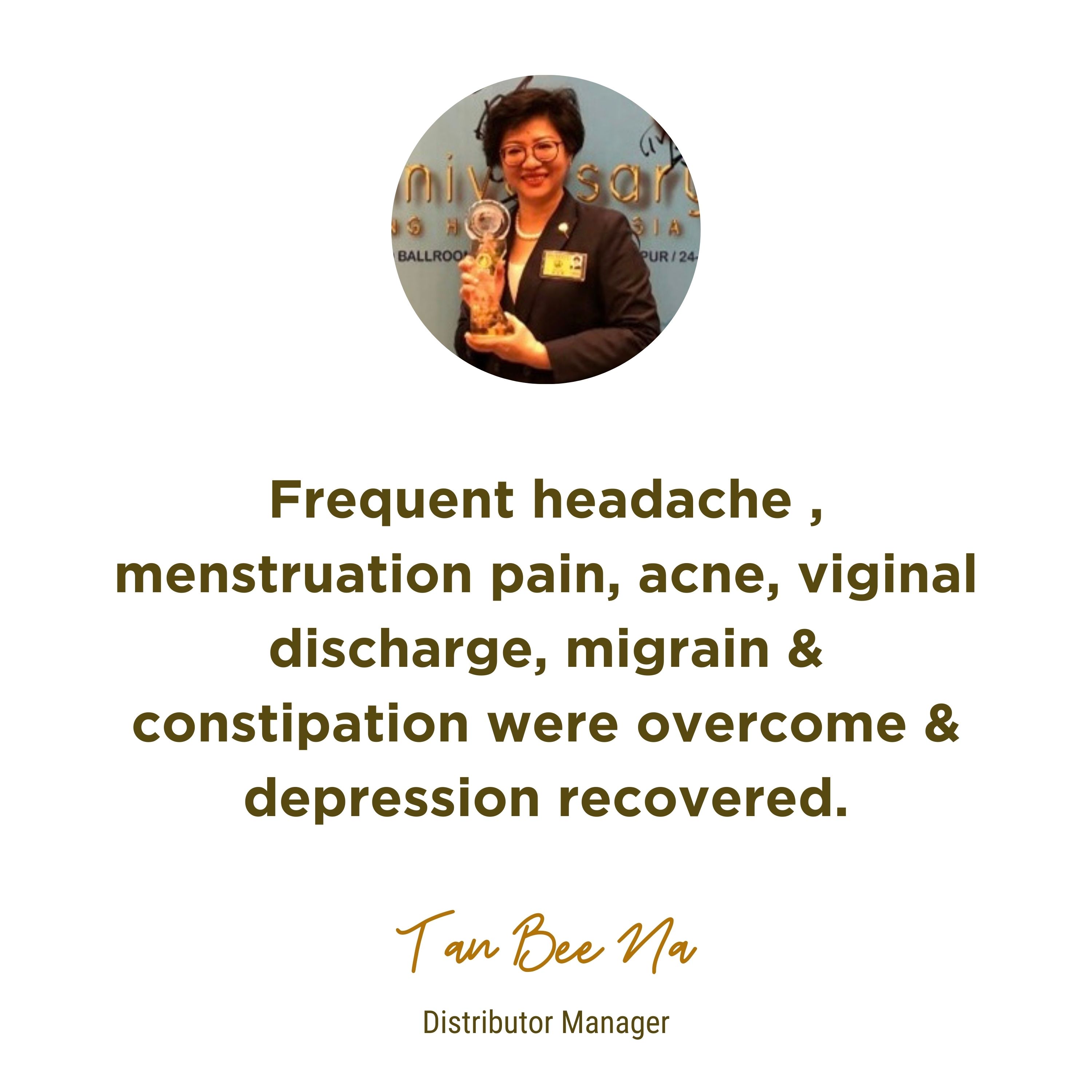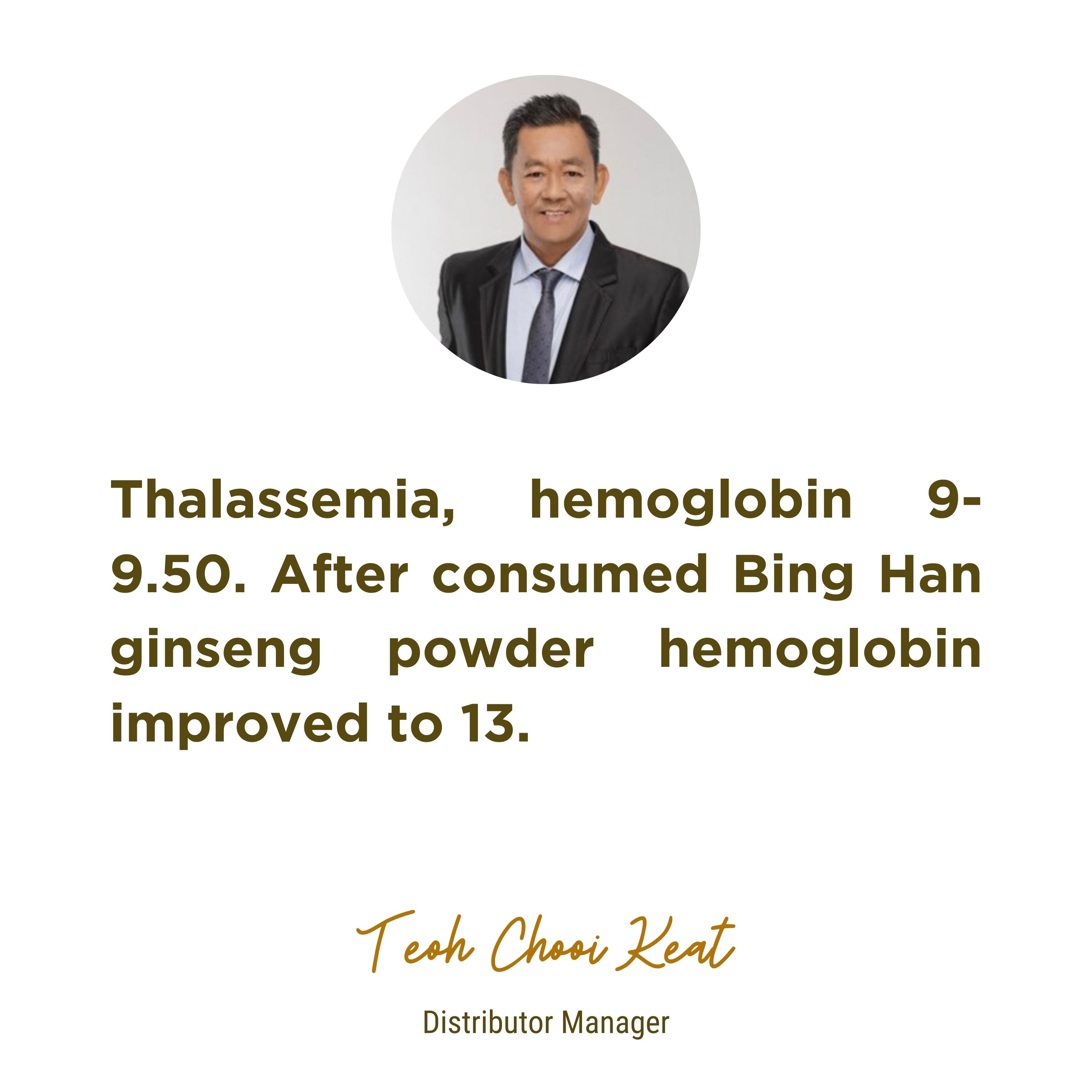CHARACTERISTICS OF GINSENG
• Ginseng grows mostly in the wooded mountains of China and Korea. lts long root is said to work wonders. lts shape resembles that of a human being, with parts that look like a head, arms, trunk, and legs or gown. The shape itself seems to indicate that the root is powerful enough to treat the entire human body effectively.
• Though Ginseng is cultivated all over the world today, but mostly in Korea, China, Japan, Russia, and Canada because of their fitting weather conditions.
• Ginseng is not categorized as a medical plant in many countries, but rather as a health food.
• Panax Ginseng is named by a Russian Scientist, C.A. Meyer, in 1843. Panax is derived from the Greek word "pana-axos' which means "cure all'. Panax Ginseng is described as the king or emperor of all herbal remedies
• Because of its effectiveness in treating many illnesses, it is understandable why the soil, climate, region, and care during cultivation play such important roles. The best and most balanced spectrum of effectiveness can only be achieved if the plant grows under optimal conditions.
• Ginseng needs to be nurtured for a six-year period before it matures into an adult plant to be harvested. No chemicals or artificial fertilizers are added to the soil where ginsengs are grown.


